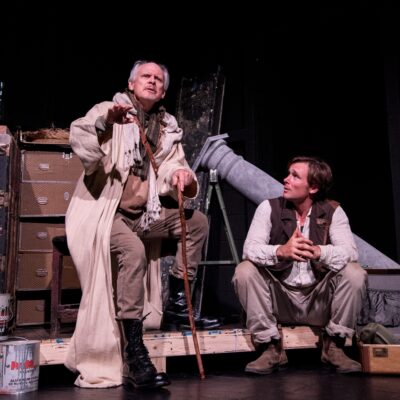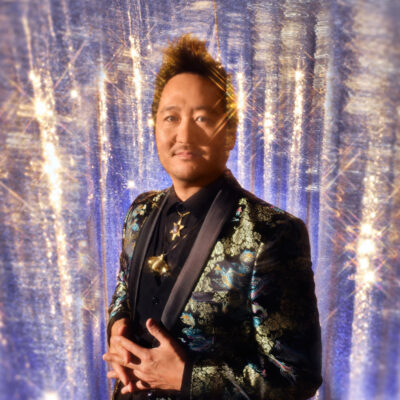Not every movie must be driven by characters. Some can be shoved forward against their will by a Chemical Brothers soundtrack. Or so hopes director Joe Wright, formerly of Pride and Prejudice and most recently The Soloist, who now brings us the steadily grooving but swiftly degenerating faux–fairy-tale revenge thriller, or gangling music video, known as Hanna.
|
“Adapt or die” is the tagline of Hanna, a slogan that might unfortunately bear on director Joe Wright’s attempt at crafting a thoughtful action thriller. |
Saoirse Ronan, the precocious Oscar nominee from Wright’s Atonement, plays Hanna, a motherless teenager who has grown up with very limited people skills but serious prowess in the badass lethal arts. Eric Bana plays an ex-CIA operative, possibly her father, who has been training her alone in the Scandinavian wilderness for many years, and now sends her into the world on a deadly mission of evasion and revenge. She’ll have to face off with Cate Blanchett, as a sinister American agent with whom Bana’s character has a bad history, while en route to reunite with him in Berlin. Much danger develops along the way, but—whether it has to do with the engineering of genes or plot—so does the sense that Hanna can take care of herself.
Wright’s style involves rehashing passé thriller tricks and trying really hard to be cool, or at least more than just a specialist of The Well-Made Adaptation of The Well-Written Book. Hanna is merely more limiting. Screenwriters Seth Lochhead and David Farr seem to enable Wright’s wandering and squandering, as shapeless supporting roles allow for, among other travesties, an overacting Blanchett and an underused Olivia Williams.
Ronan meanwhile does her best just to get through all the desperately fancy camera moves and the tellingly hesitant camp, presided over by Tom Hollander as Blanchett’s mincing, jumpsuited minion. She also manages to make time for a quick tour of Morocco and the many wondrous discoveries contained therein, including electricity, horny boys and irritating comic relief from a randomly available would-be friend played by Jessica Barden. And although a brief sense of exotic possibility does emerge in these sun-soaked scenes, it’s squashed quickly enough by adamant plotting. And of course, when pressed, Hanna manages to apply what she has learned of the badass lethal arts.
As for her trainer, he comports himself with amenity, although no one would blame him for misbehaving. A showy one-take fight between Bana and a handful of bad guys, superfluous and preposterous to begin with, also seems weirdly over-rehearsed and full of pulled punches. Otherwise he passes the time by practicing his Werner Herzog impression. (Ah, maybe he is misbehaving.)
In hindsight it seems depressingly ill-advised for Wright to even bother trying to allay all this Femme Nikita foolishness, yet there he goes, busying himself with pretentious allusions to harrowing fairy tales. Hanna might instead have feigned a learned comment on beauty and valor by exploiting Ronan’s very real resemblance to Botticelli’s Venus in “Venus and Mars.” But that would have been even more ridiculous. There is no respite from artless, directionless art direction—but there is, at least, the soundtrack.
/D003-00749.jpg)





